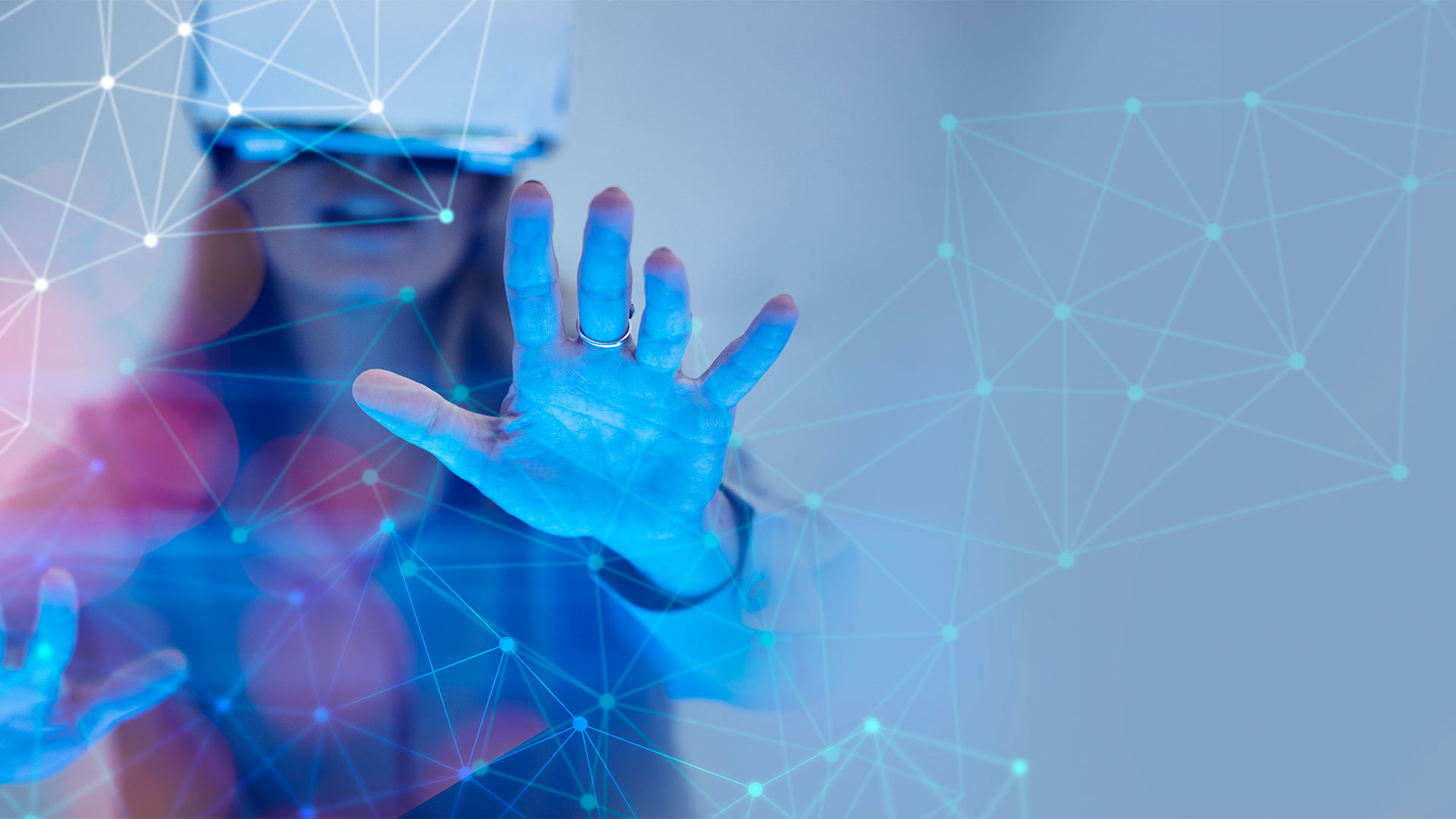Artificial Intelligence (AI) attracted interest and imagination long ago, evolving from simple learning algorithms of machines into much more complicated systems that are able to realize what human intelligence performed in the past tense. This journey of AI has been marked by significant milestones and technological breakthroughs. From its earlier days when AI was largely theoretical and practical applications few, to the modern era where it is embedded in various aspects of daily routine, AI’s evolution is a story of a wheel of innovation and adaptation that cannot be slowed.
In the initiation of AI research, it was never easy to invent tools which can support in problem-solving and also restore human decision-making processes. The weak abilities of early computers for data processing and information storage created a hindrance. But with the development of modern technology, new wants have come forward for AI research. The advancements in recent years in neural networks and deep learning algorithms have exponentiated the power of AI to learn, adapt, and make decisions.
Today, AI is an all-pervasive technology with strong influences in healthcare, finance, transportation, and entertainment. The artificial intelligence possibilities span far and wide beyond virtual assistants and chatbots alike to include self-driven vehicles, elaborate diagnosis tools, and much more. The AI of tomorrow holds so much in lieu of innovative industry shifts and perception tweaks it will establish.
The evolution of AI is not the story of a technology alone yet the tale of human creative power and toil striving eternally in the pursuit of knowledge. As we explore the boundaries of what is possible with AI, we stand on the threshold of a new and exciting era.

